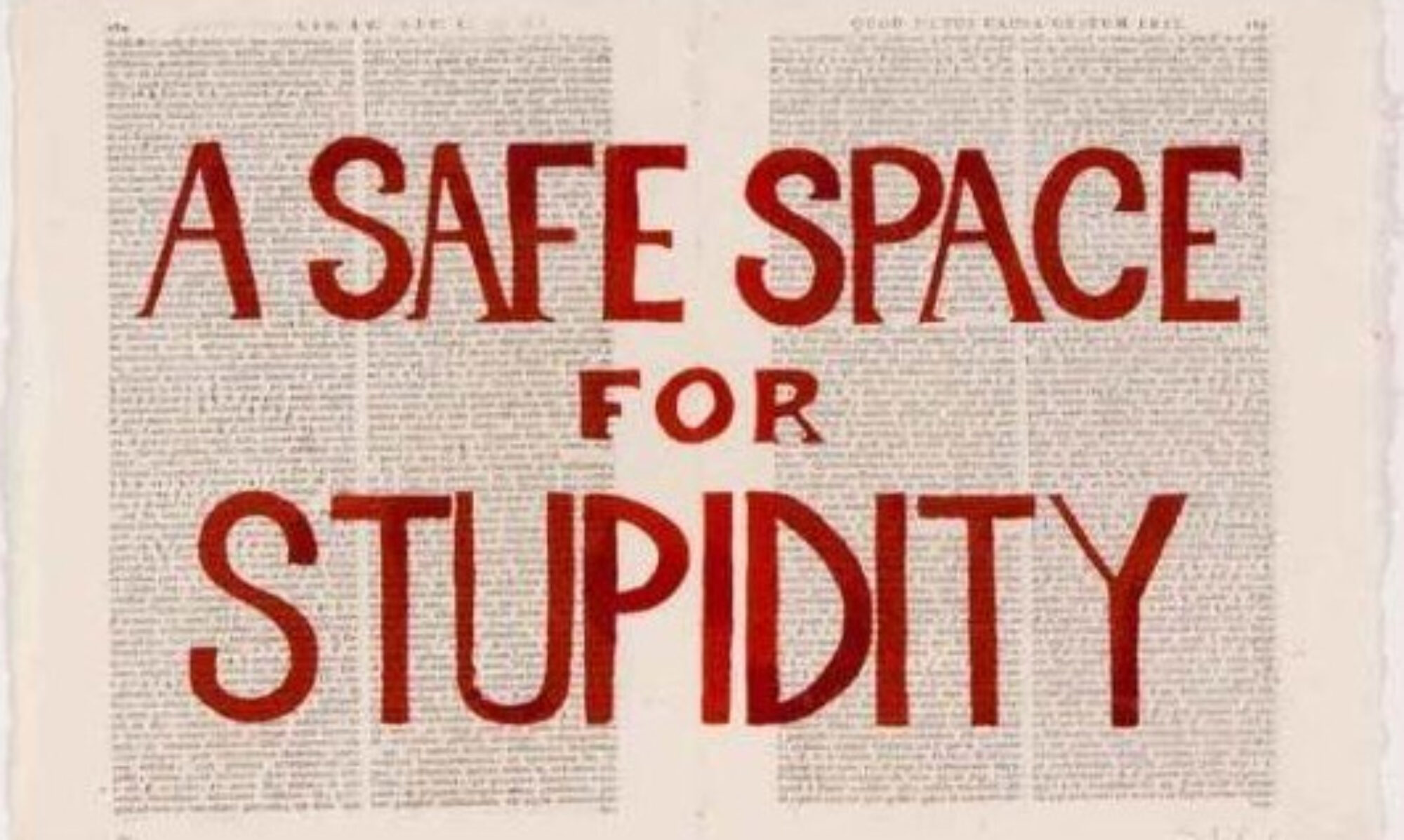James Plunkett was one of Ireland’s greatest writers, author of the great Irish novel, Strumpet City. This extract is from The Gems She Wore (1972), his account of some Irish places and his travels to and in them, while he was making a programme for the BBC and RTE.
We set out from Castletownbere by helicopter, filmed here and there for some hours and were, from my amateur grasp of navigational matters, firmly in the middle of nowhere when the pilot asked me if there was any place near in which we could get morning coffee. I looked down. There was a great lump of uninhabited mountain below, forbidding cliffs ahead and the rolling sea beyond. The most I knew about our whereabouts was that we were certainly not over the Phoenix Park, but being the only Irishman at hand I had to pretend to be knowledgeable. Seawards, the nearest coffee shop would be in New York, so we turned inland. Stony fields, narrow tracks and an occasional cottage with hens and domestic animals scattering in all directions at the noise of our approach were the only signs of organised society, until we passed over an isolated building which from the air looked very much like the others, except that it was larger and there were three cars parked fairly near it. I pointed down and said: `There’. We circled, saw a possible landing place about half a mile away and descended near a beach, where a party of men were packing up some land-sea rescue equipment with which they had been practising. They were speaking Irish, but answered the pilot’s inquiry about coffee in English. The pilot, Peter Peckowski, speaks with a slight Polish accent. By all means they said, but doubtfully. Coffee is not very usual in remote Ireland. They led us over ditches and by tracks to the roadway and there, in front of us, was the building I had spotted from the air. It was a public house.
`Tell me’, said one of the men, `did youse ever drink tea?’
I assured him we had.
Inside the women of the house went off to make coffee without fuss, while Peter asked where we were.
`In Ballydavid’, said the owner, `if you go by the map, but the right name is Baile na nGall’.
I was sitting at one of the tables and said: `The town of the Strangers’.
He hadn’t expected that and came over to scrutinise me.
`You’re not foreign’, he said.
`I am not’, I said.
`Irish’.
`That’s so’.
He looked more closely.
`You have the look of a Dublin man?’
`Now you have it’.
`A writer maybe?’
`Correct.’
`James Plunkett?’
It was embarassing. It was also, quite unexpectedly, deeply moving to be recognised in my own country so far away from my own small world.
`Pleased to meet you’, I said.
If he had presented me with the Freedom of Dingle I wouldn’t have been so genuinely honoured and I felt, not for the first time, that before I die I will speak my native language adequately enough to talk with those of my countrymen who have it from birth, so that they won’t shame me by having to change to English on my account.
